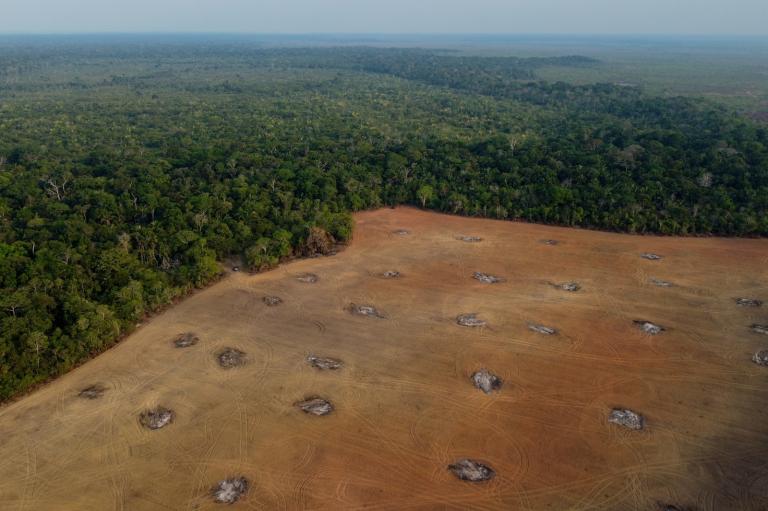A year or so ago, I spoke at a solar conference in France — a country that produces 78 percent of its electricity with nukes. A couple of folks told me that the government’s interest in solar stemmed from the fact that during the previous summer’s heat wave, river levels dropped to the point that they didn’t have enough water to cool the reactors. The country actually had to shut off generation exactly at peak demand. Big problem. Thus, solar photovoltaics, which not only generate most during these peak events, but also … use no water.
A Wall Street Journal blog flags the water/power problem, but concludes, in that special WSJ way, that this is bad news for efforts to fight climate change:
The irony is that efforts to fight climate change could make the situation even worse: The National Energy Technology Laboratory estimates [PDF] that “clean coal” plants that capture and store carbon emissions would make the power sector an even bigger consumer of water if the still-to-be-developed plants are widely deployed in coming decades. That’s because it takes more energy and water to capture and store the emissions than it does at a regular coal plant.
Note that PV uses no water. Concentrating solar thermal technologies do, but some have the potential for dry cooling, which adds about a penny per kWh, but greatly reduces water usage.

